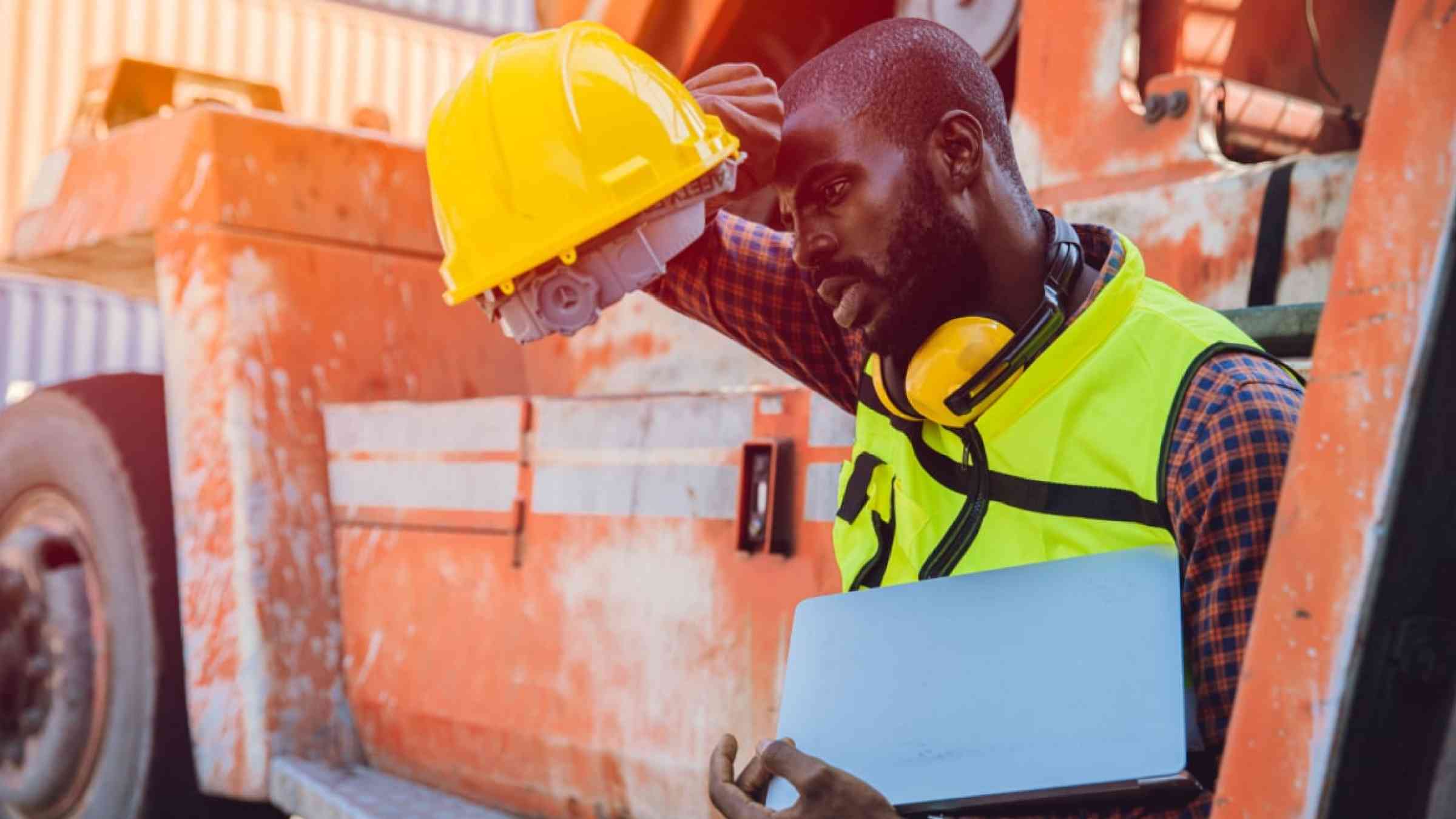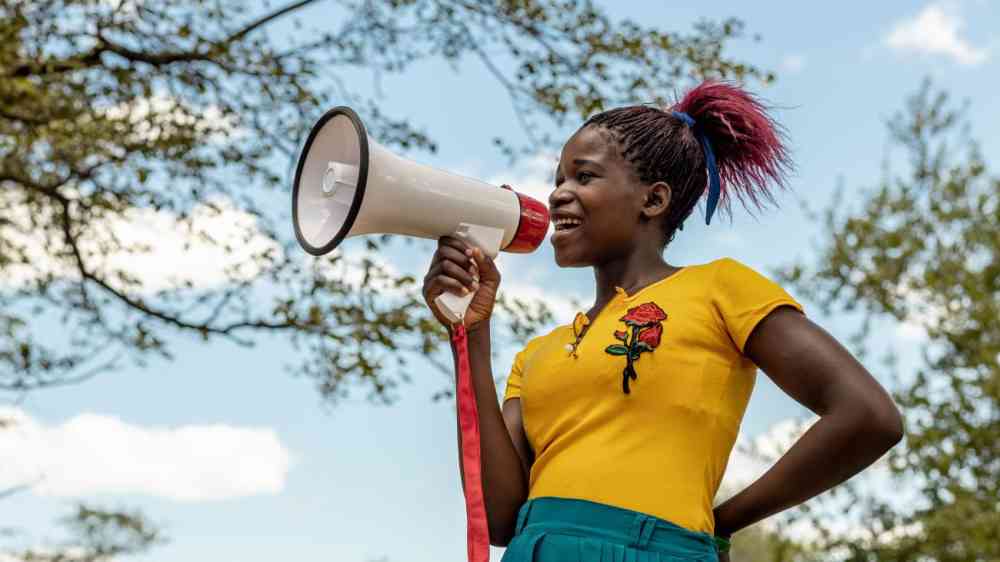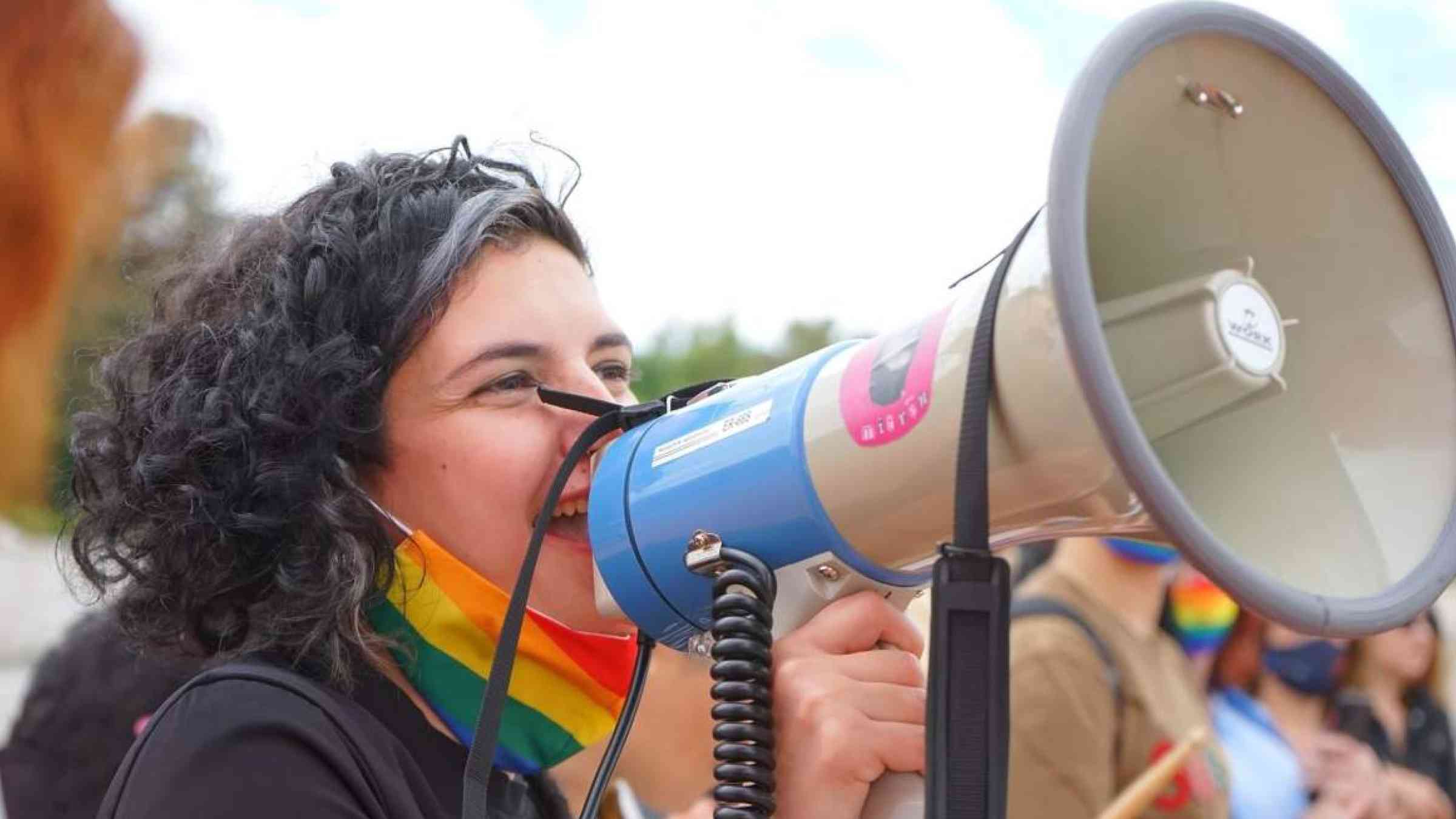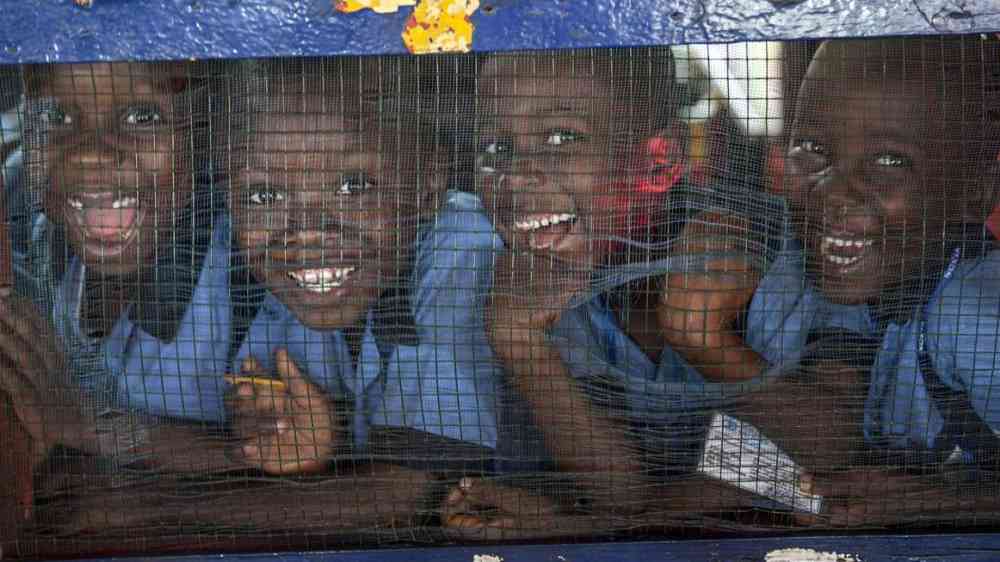DRR Community Voices
The DRR Community Voices share personal stories and perspectives from the disaster risk reduction trenches on reducing risk and building resilience.
- Our posts from both practitioners and academics reach a global audience and can influence policy, practices and approaches.
- We invite you to propose your own blog and submit it for review.
- Most articles can be republished under CC BY-NC-SA 3.0 IGO Deed.







